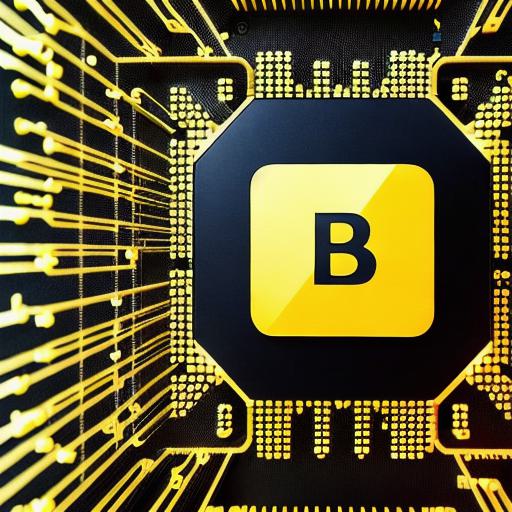Understanding Digital Identity on the Blockchain

Introduction:
Digital identity is a crucial aspect of our lives, as we increasingly rely on technology to manage our personal and professional interactions. However, the current digital identity system has several limitations, including centralization, privacy concerns, and lack of control over personal data. That’s where blockchain comes in – a decentralized, secure, and transparent platform that can revolutionize the way we manage our digital identity.
In this article, we will explore what digital identity on the blockchain means, its benefits, and how it works. We will also delve into some real-life examples of companies that are already leveraging blockchain technology to enhance their digital identity offerings.
What is Digital Identity on the Blockchain?
Digital identity on the blockchain refers to the use of blockchain technology to manage, store, and verify personal data in a decentralized and secure manner. Instead of relying on centralized authorities like governments or corporations to manage our digital identities, blockchain provides a trustless and transparent system that enables individuals to control their own personal data.
Benefits of Digital Identity on the Blockchain:
- Decentralization: With blockchain-based digital identity, there is no central point of failure or single point of access. This means that even if one entity controlling the blockchain goes down, the network can still function without interruption.
- Security: Blockchain technology uses cryptographic algorithms to secure data and prevent unauthorized access. This makes it much harder for hackers to compromise personal information stored on the blockchain.
- Privacy: Blockchain-based digital identity enables individuals to control their own personal data and decide who has access to it. This means that users can choose what information they share with others, reducing the risk of privacy breaches.
- Transparency: Blockchain technology provides a transparent record of all transactions, making it much easier to verify identities and prevent fraud.
Real-life examples of companies leveraging blockchain for digital identity:
- Civic: Civic is a blockchain-based identity verification platform that enables individuals to securely share their personal data with third parties without revealing sensitive information. The platform uses a combination of public and private key cryptography to ensure the security and privacy of user data.
- Sovrin: Sovrin is an open-source, decentralized identity network that allows users to control their own digital identities. The platform enables individuals to share their personal data with trusted parties while maintaining control over their data.
- uPort: uPort is a blockchain-based identity platform developed by the government of Switzerland. The platform enables citizens to securely store and manage their personal data, including passports, driver’s licenses, and other identification documents.
Summary:
Digital identity on the blockchain has the potential to revolutionize the way we manage our personal and professional interactions. By providing a decentralized, secure, and transparent platform for managing personal data, blockchain technology can help individuals regain control over their digital identities and reduce the risk of privacy breaches. As more companies begin to leverage blockchain technology for digital identity, we can expect to see further advancements in this area in the coming years.
FAQs:
- What is the difference between traditional digital identity and blockchain-based digital identity?
Traditional digital identity relies on centralized authorities like governments or corporations to manage personal data. Blockchain-based digital identity, on the other hand, uses a decentralized and secure platform to manage personal data in a trustless manner.
- Is my personal data safe on the blockchain?
Yes, personal data stored on the blockchain is highly secure due to the use of cryptographic algorithms and decentralization. This makes it much harder for hackers to compromise user data. - Can I control who has access to my personal data on the blockchain?
Yes, users can control who has access to their personal data on the blockchain by deciding which parties they want to share their data with.








